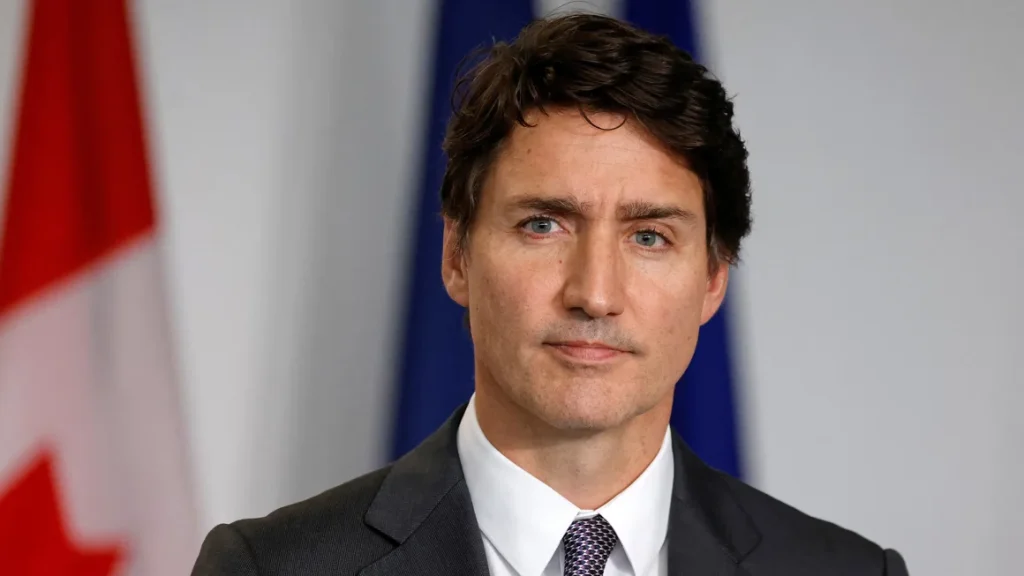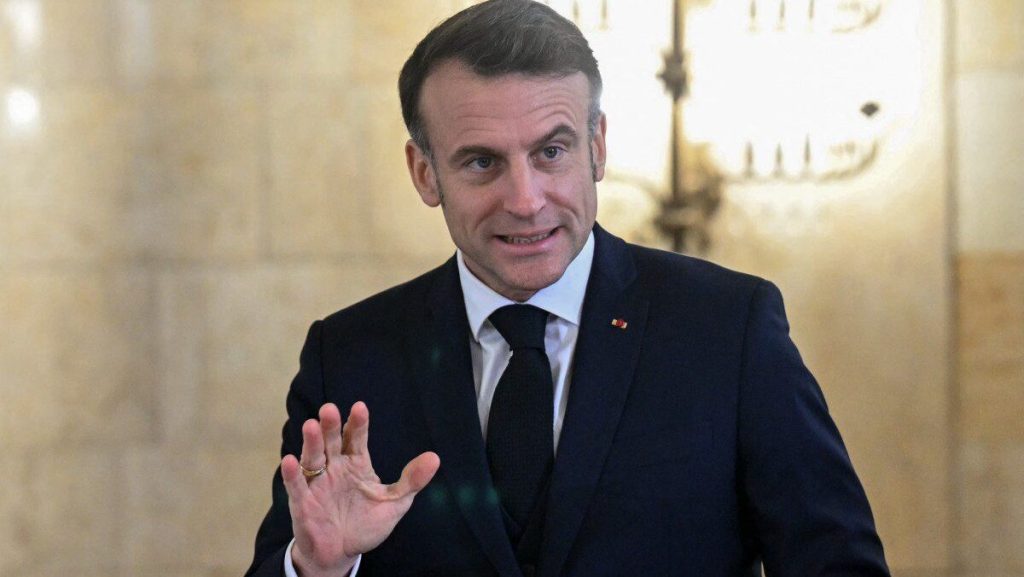Canadian PM Trudeau set to resign as party leader as polls plummet, reports say

Canadian Prime Minister Justin Trudeau is reportedly preparing to step down as the leader of the Liberal Party, amid plummeting approval ratings and growing political pressure. This move, according to multiple reports, comes at a time when Trudeau’s leadership has been increasingly questioned, both within his party and by the public. The reports indicate that Trudeau, who has held the position of Prime Minister since 2015, maybe considering resigning to make way for new leadership as the Liberal Party grapples with declining support in national polls.
Trudeau’s time in office has been marked by both significant achievements and considerable controversies. His government has been praised for its handling of the COVID-19 pandemic, its push for climate change action, and efforts to promote social justice. However, Trudeau has also faced many scandals and challenges, including the SNC-Lavalin affair, criticism over his handling of the Afghan refugee crisis, and questions surrounding his party’s relationship with corporate donors. These issues have taken a toll on his popularity, and recent polling data has shown a significant drop in his approval ratings.
According to the latest polls, support for the Liberal Party has dwindled, with many Canadians expressing dissatisfaction with Trudeau’s leadership. The Conservatives, under the leadership of Pierre Poilievre, have seen a surge in support, leaving the Liberals struggling to retain their base. Analysts suggest that Trudeau’s perceived failure to address key issues such as affordability, housing, and rising inflation has contributed to his declining popularity.
Internal party dynamics have also played a role in the growing calls for Trudeau’s resignation. Some members of the Liberal Party have reportedly been critical of his leadership, arguing that the party needs a new direction if it is to remain competitive in the next federal election. Trudeau’s long tenure as leader, coupled with his declining approval ratings, has led some to believe that fresh leadership could help revitalize the party and restore its appeal to voters.
The possibility of Trudeau’s resignation has sparked discussions about the future of the Liberal Party and the potential candidates to succeed him. While Trudeau has not officially announced his decision, speculation is rife about who could take over as party leader. Several prominent Liberals, including Deputy Prime Minister Chrystia Freeland and Minister of Foreign Affairs Melanie Joly, have been mentioned as potential successors. However, the question of who would be best suited to lead the party through this difficult period remains uncertain.
Trudeau’s political career has been one of remarkable highs and significant lows. He rose to prominence as a fresh face in Canadian politics, winning the leadership of the Liberal Party in 2013 and securing a majority government in the 2015 federal election. His charismatic personality and progressive policies helped him become one of the most popular and well-known political figures in Canada. However, as his time in office wore on, Trudeau faced increasing scrutiny over his handling of various crises and controversies.
Despite these challenges, Trudeau has remained a polarizing figure. His supporters continue to laud his progressive agenda and his efforts to advance social and environmental causes. At the same time, his critics argue that his leadership has been marked by a series of missteps and failures, particularly in his handling of domestic issues such as the economy and Indigenous relations.
If Trudeau does ultimately resign, it would mark the end of a significant chapter in Canadian politics. His departure could signal a shift in the political landscape, with the Liberal Party seeking to reinvent itself under new leadership. Whether this change will result in a resurgence of Liberal support or a prolonged period of decline remains to be seen.
The timing of Trudeau’s possible resignation is particularly crucial, as Canada approaches the next federal election, which is expected to take place in 2025. With the Conservatives gaining ground and public dissatisfaction with the Liberals on the rise, Trudeau’s decision to step down could have a major impact on the outcome of the election. While it remains unclear whether Trudeau will officially announce his resignation, the growing speculation surrounding his leadership indicates that significant changes could be on the horizon for both him and his party.
As the situation unfolds, political analysts and observers will be watching closely to see how the Liberal Party responds to the potential departure of one of its most high-profile leaders. Regardless of what happens, it is clear that Justin Trudeau’s political legacy will be shaped by both his successes and the controversies that have plagued his tenure as Prime Minister.






